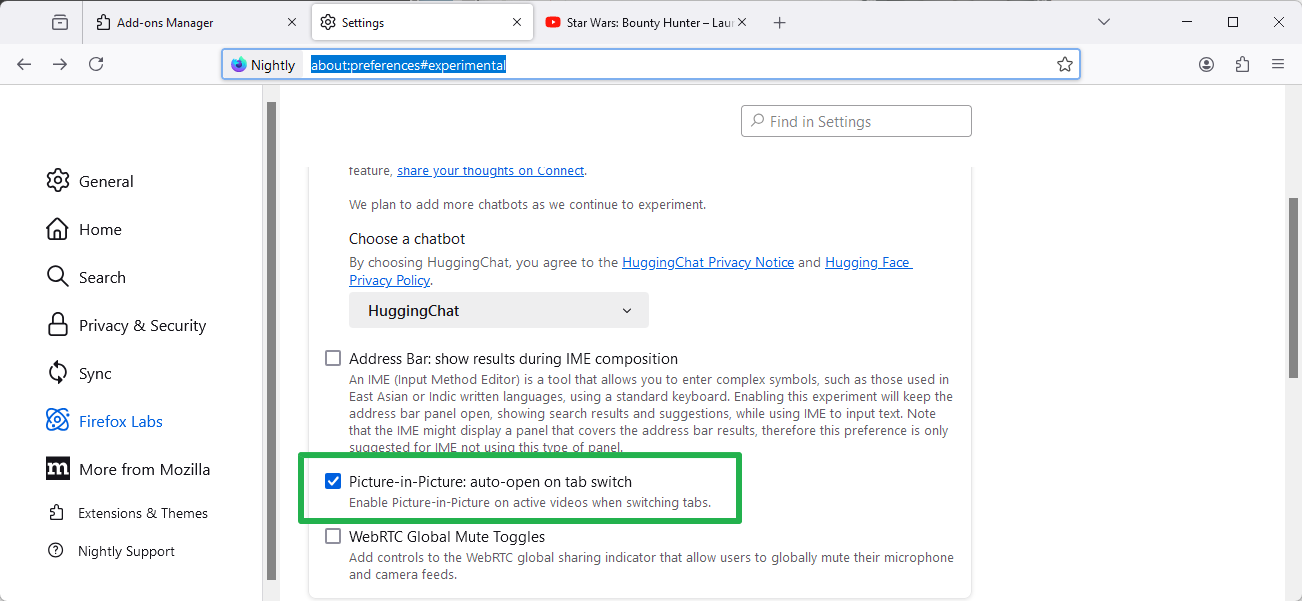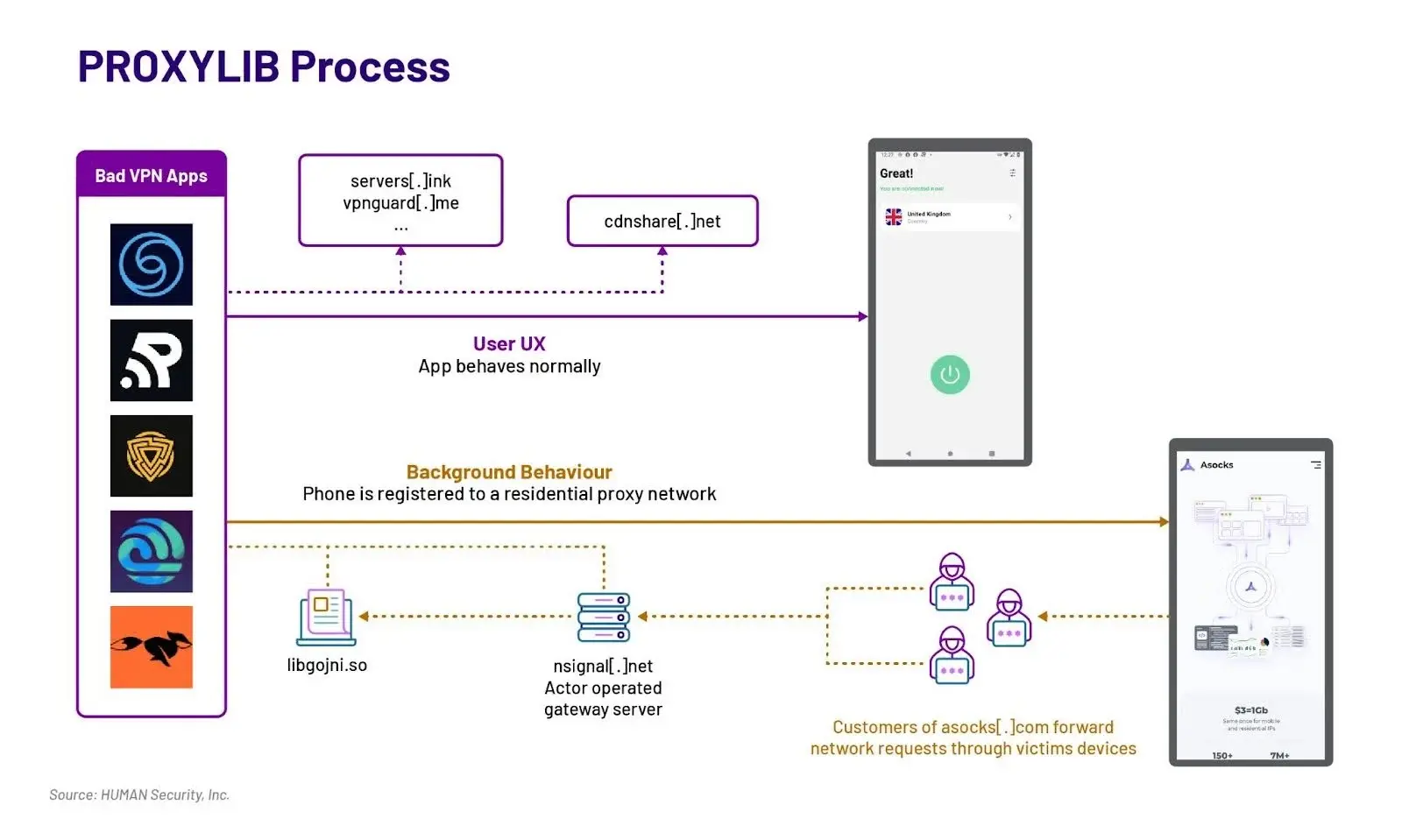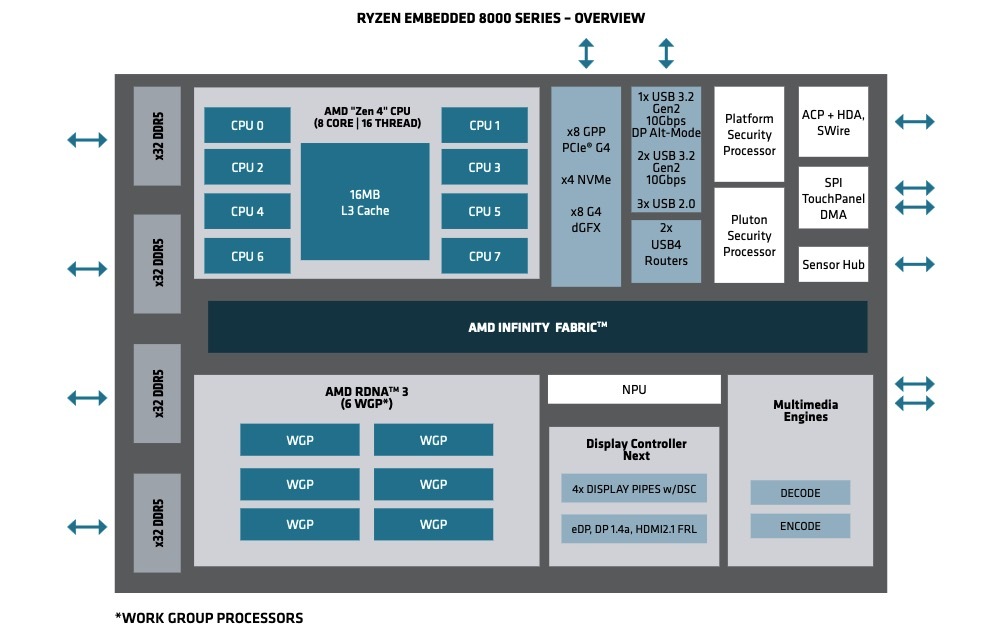The European Parliament has endorsed new regulations concerning product repair, marking a significant step towards enhancing consumer rights. Upon receiving formal approval from the European Commission and publication in the Official Journal, member states will have a two-year window to integrate these guidelines into their national legislation.
According to the European Parliament, the updated right-to-repair guidelines mandate manufacturers to offer repair services for products beyond the statutory warranty period, at reasonable prices and within reasonable timeframes. Additionally, manufacturers must provide access to spare parts, repair information, and tools, with repaired products receiving an additional year of warranty. The scope of these regulations encompasses various consumer goods, including washing machines, vacuum cleaners, and smartphones, where manufacturers are obligated to promote repair options.
Moreover, the guidelines prohibit manufacturers from obstructing the repair process through contractual clauses, hardware, or software barriers. Specifically, they are barred from restricting independent repairers from utilizing second-hand or 3D-printed spare parts. Consumers are entitled to access repair services without discrimination based on economic considerations or prior repair history.
The overwhelmingly positive reception of the guidelines by the European Parliament, with 584 votes in favor and only 3 against (with 14 abstentions), underscores the widespread support for these measures. Developed in collaboration with the European Commission, the guidelines are subject to formal approval by the committee before becoming law, after which member states will enact them into national legislation.
While hailed as a promising development by organizations like Right to Repair Europe, some critics argue that the initiative falls short of addressing all consumer concerns. Calls for direct consumer claims to manufacturers and an expanded product coverage highlight areas for potential improvement in future iterations of the regulations.
.png)








 English (US)
English (US)